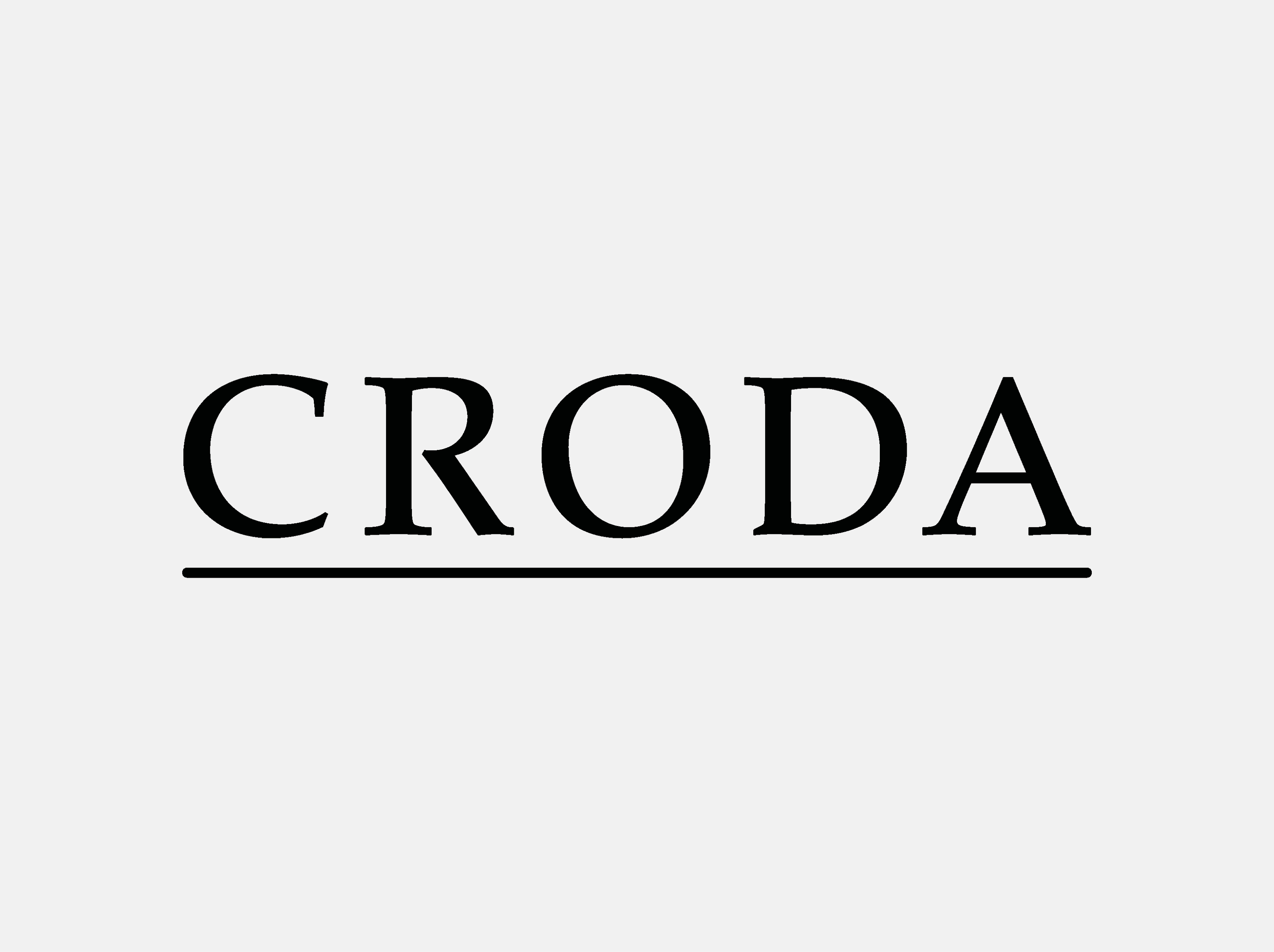
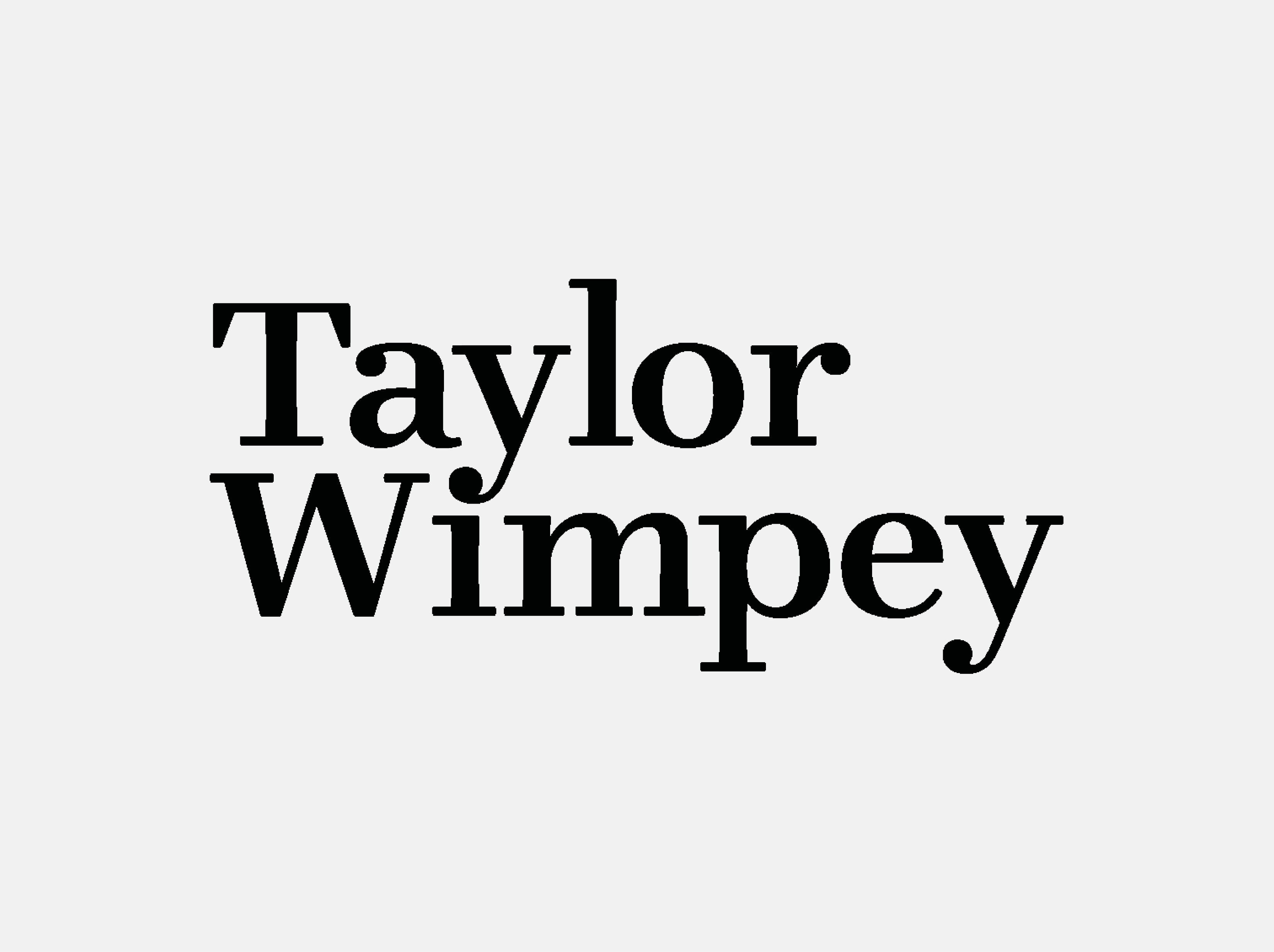
1. Marketplace
Top Dogs: Croda, Taylor Wimpey
Geopolitical uncertainty and rapid technology advancement are creating an extraordinarily dynamic environment. Although many reports still read similarly to those from the 2010s, the best address these issues: identifying the impacts and opportunities and how they’re preparing for them.


2. Business model
Top Dogs: IHG, Diploma
While business model descriptions are growing in length, they typically lack real insight and often now focus on stakeholder outcomes to the exclusion of what the company does, how it’s different from its peers and how it makes money. Take the time - and space - to provide real value.
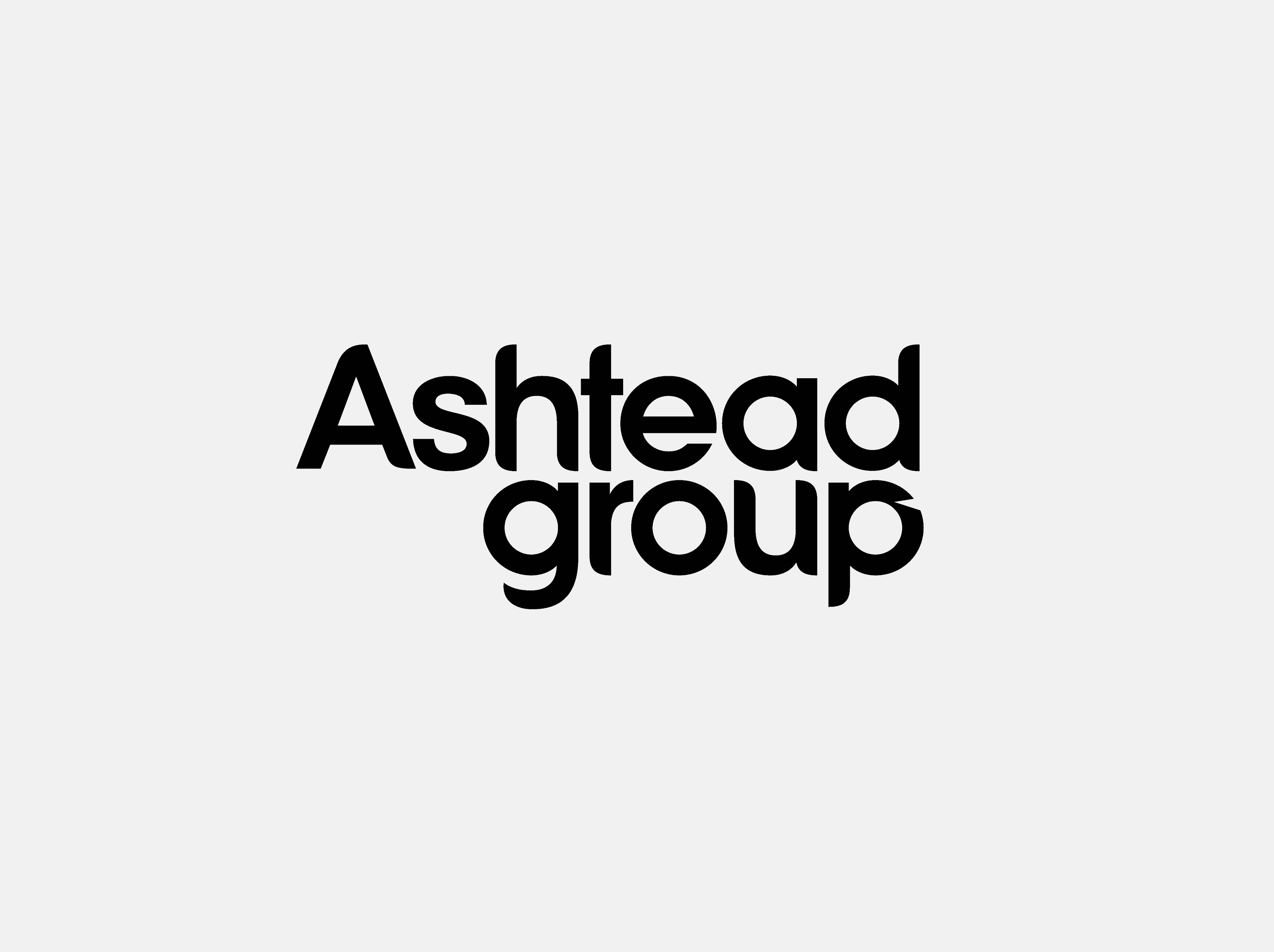
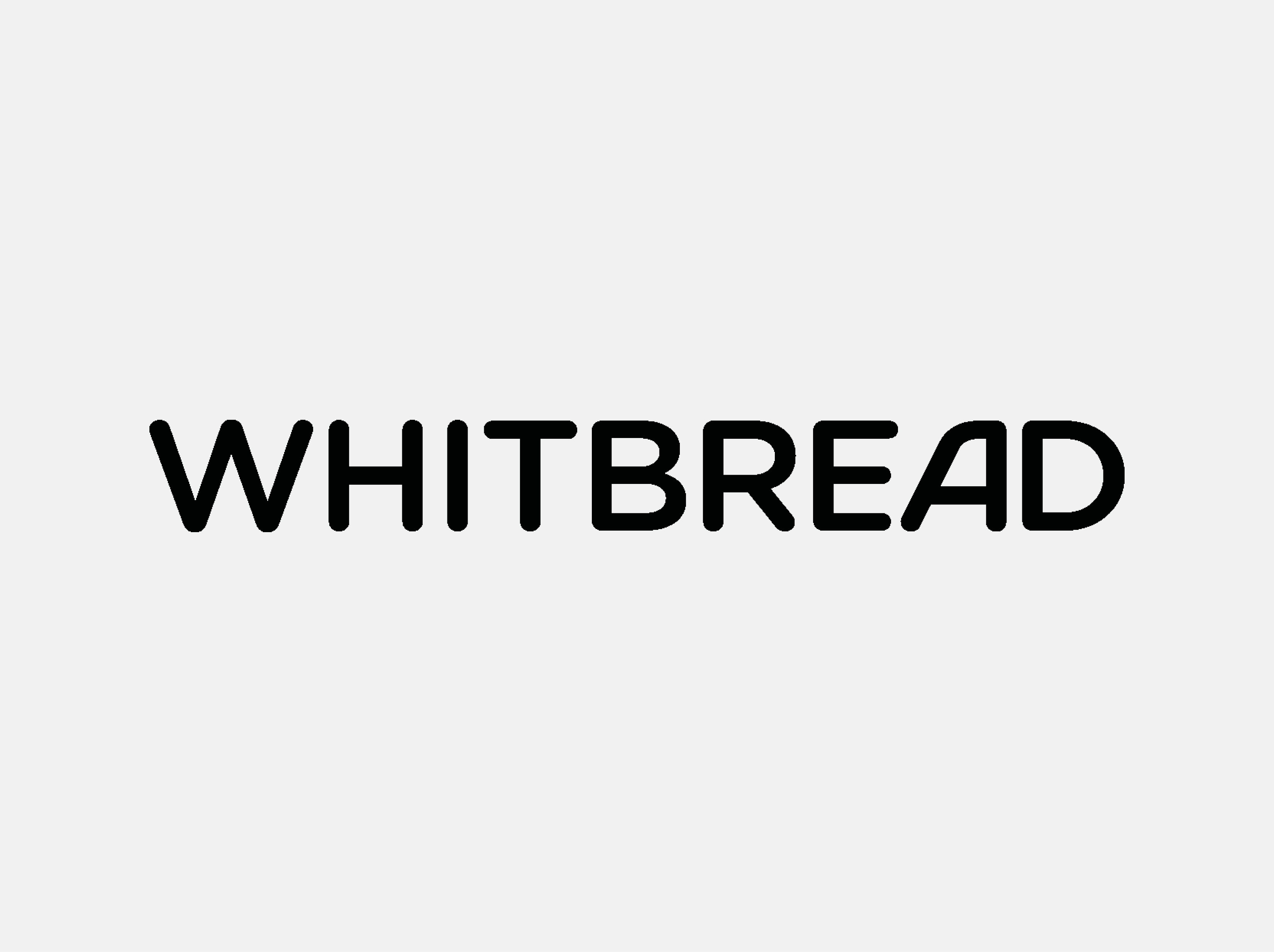
3. Strategy
Top Dogs: Ashtead, Whitbread
Worth watching is the tendency for many FTSE 100 report strategy sections to be backward-looking, perhaps in response to this wider, unpredictable context. So, uncertainty breeds retrospective strategy reporting. Even in such volatile conditions, reports should present high-quality discussion of specific plans for the medium and longer terms, tighter connections with market context, and progress.
A consistent theme is that the best reporters devote the space they need to do the job properly. Trying to fit important content, such as business model or strategy reporting, on to just a few pages, has a detrimental impact on quality.
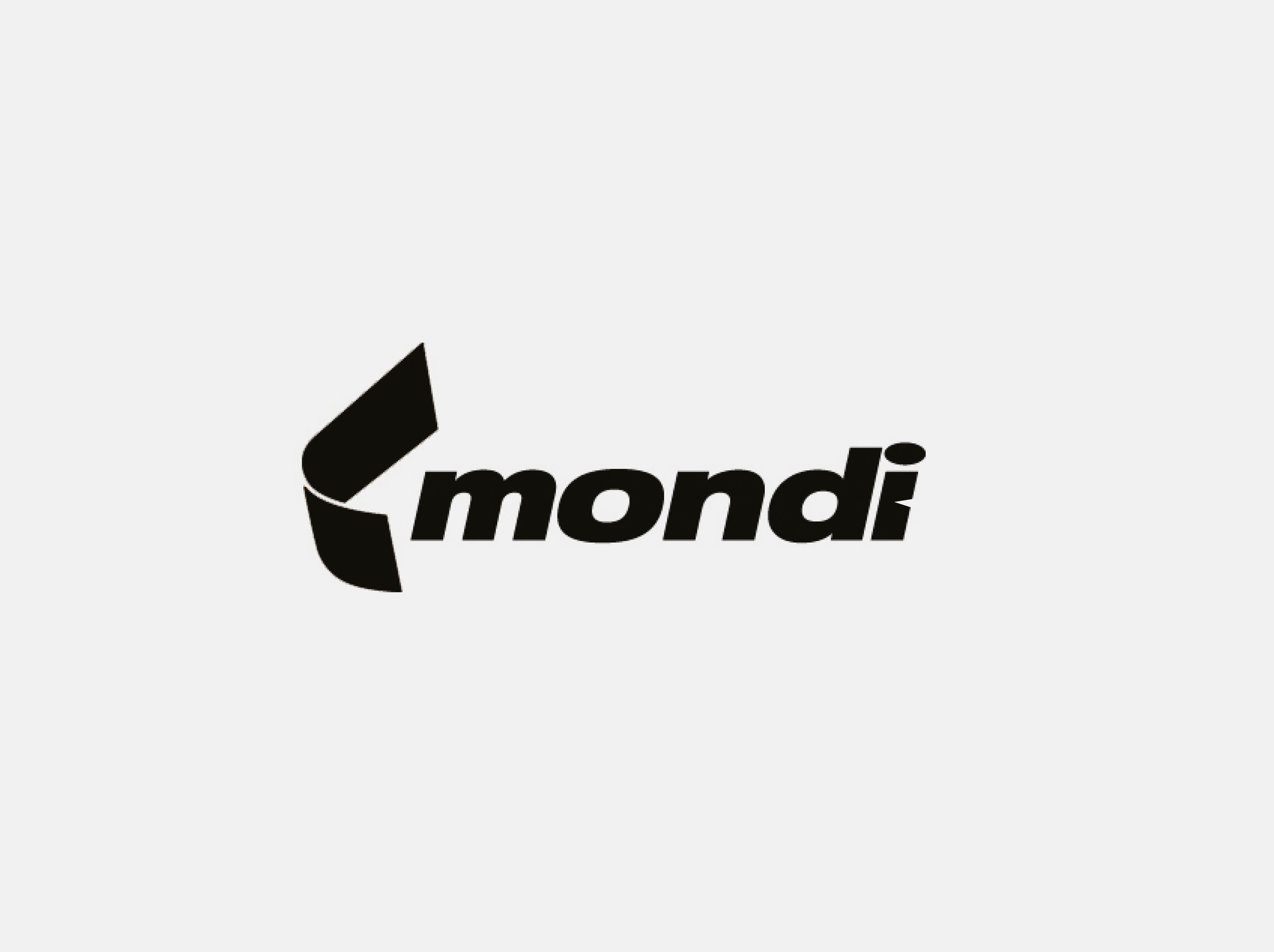

4. Sustainability
Top Dogs: Mondi, Unilever
Be ‘business-like’ when it comes to sustainability disclosures: it must connect to value, and investors’ needs. Most FTSE 100 governance arrangements and risk management approaches are mature, diligent and accountable: the best maintain this with respect to sustainability and apply the materiality principle in a rational and confident manner.


5. Risk
Top Dogs: Smiths, Unite
Risk can be one of the most insightful and revealing sections of an annual report, but only if disclosures are specific, active and authentic. Avoid boilerplate statements that are repeated year on year and instead, clearly explain how a risk could impact your business model, strategy and viability.


6. Section 172 (1) and stakeholder engagement
Top Dogs: Persimmon, Shell
Principal decisions in s172 (1) statements still vary wildly in their coverage of what is important - novelty may be eclipsing significance. Any principal decisions covered should be genuinely significant and meaningful, rather than a checklist of routine activities.
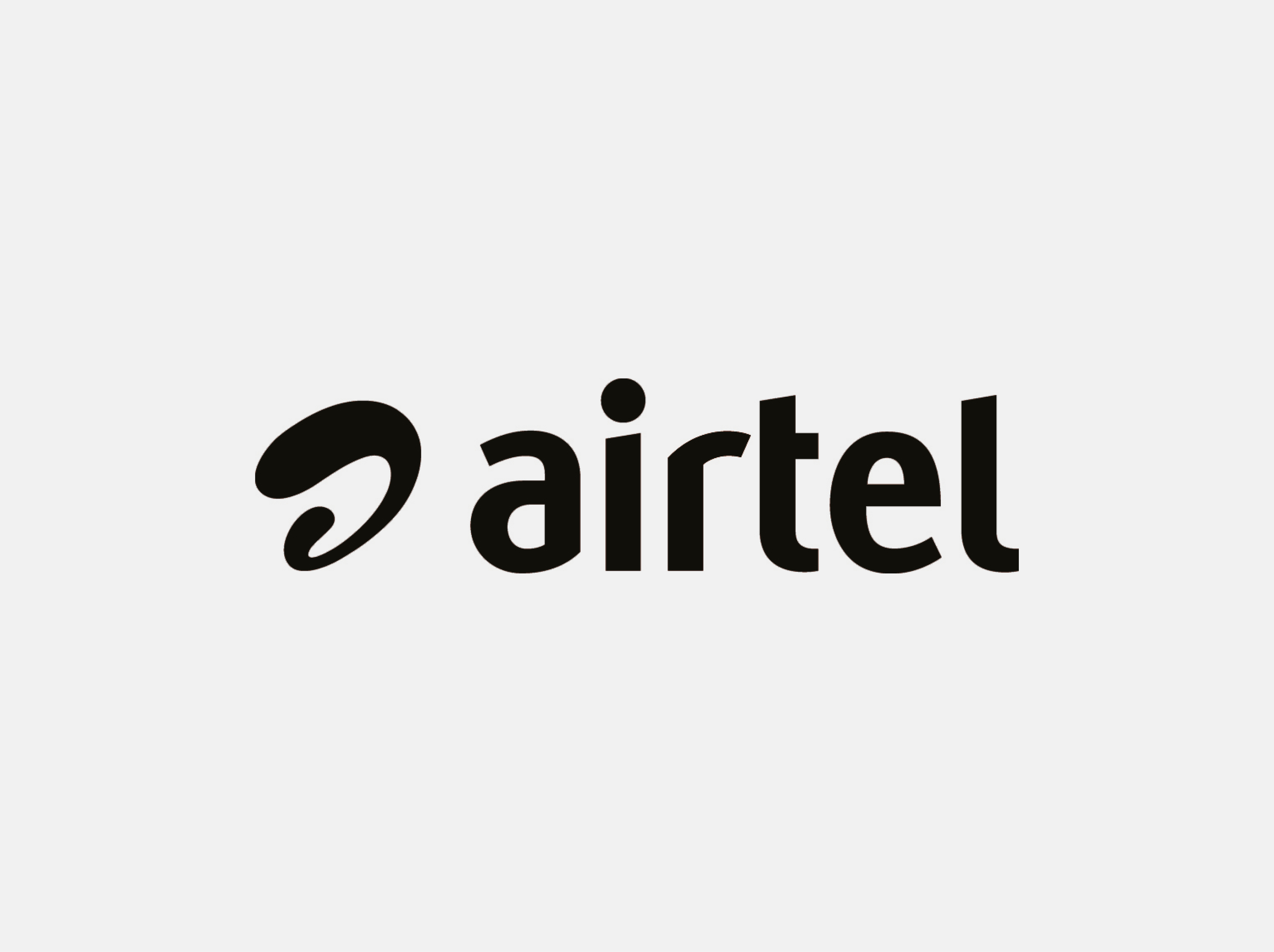
7. Digital reporting
Top Dog: Airtel Africa
Since 2021, the mandatory format for annual reports has been xHTML (including XBRL tagging); reports that are meant to be fully accessible to both human and machine readers.
Yet companies continue to focus on the PDF and printed versions, attempting to meet their obligations to file the xHTML report by converting the PDF at the end of the process. In the past, regulators had tolerated this, but they are now actively inspecting mandatory digital reports and urging companies to embrace true digital-first reporting.
So, there’s only one Top Dog in digital reporting: Airtel Africa. The FTSE 100’s first multi-format, digital-first annual report. Take a look. One day all reports will be this accessible, interactive, responsive, navigable, searchable and measurable.
If you would like the detail, Friend Studio's Top Dogs review this year is, for the first time, available as an on-demand webinar.
